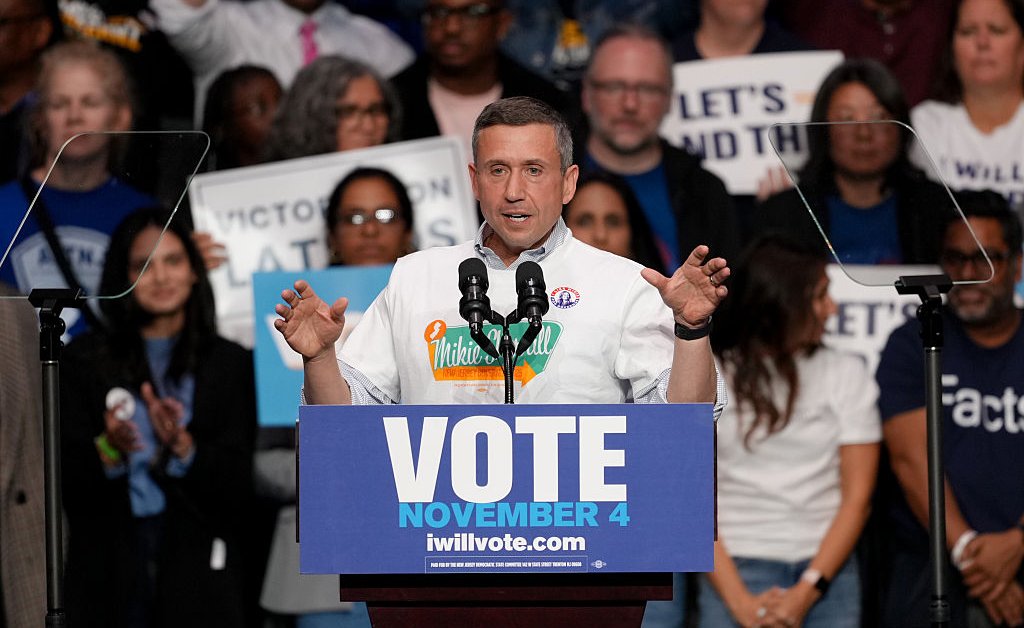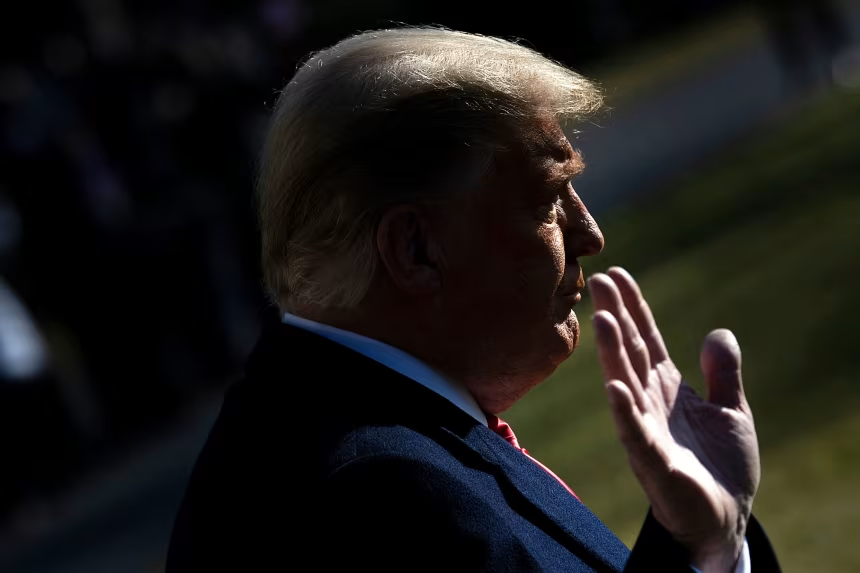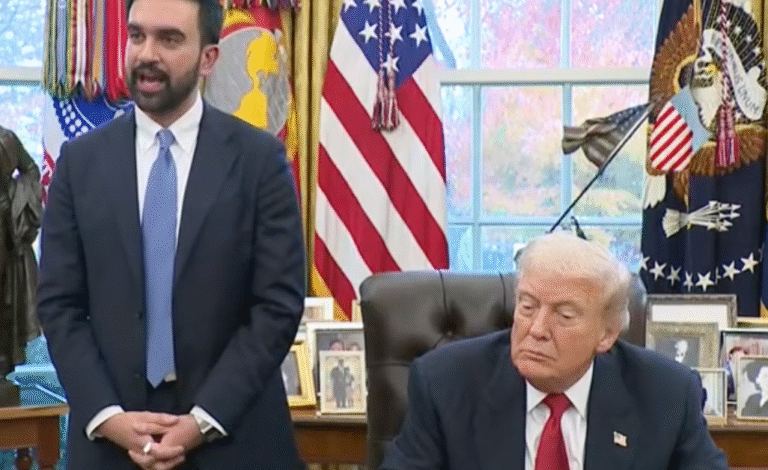
The 2025 off-year elections in states like Virginia and New Jersey revealed a surge in voters casting ballots specifically to oppose former President Donald Trump rather than support the GOP. Data show the gap between anti-Trump and pro-Trump voters reached levels not seen in decades, suggesting major implications for the Republican Party’s outlook heading into 2026.
Voter Sentiment and Election Trends
In Virginia, voters who said their ballot was meant to show opposition to Trump out-numbered those voting to support him by about 22 points; in New Jersey the margin stretched to roughly 28 points. The contrast is stark compared with past years. These margins underline how opposition to Trump has become a defining electoral force in these states.
Polls conducted ahead of the elections also found that roughly twice as many registered voters said their vote was aimed at rejecting Trump, rather than endorsing him. For example, one survey showed 41 % were motivated by opposition, versus only 21 % by support. This marks the largest such gap in nearly 20 years.

Implications for Republicans and 2026 Strategy
The strength of the anti-Trump vote raises alarms for the Republican Party, especially in swing states where Trump remains unpopular. Analysts warn that in states or districts where Trump’s approval is underwater, GOP candidates may struggle to escape his shadow.
Meanwhile, Democrats have seized on economic issues such as high utility costs and affordability while also benefiting from the energized anti-Trump electorate. The convergence of economic anxiety and opposition to Trump may give Democrats an edge heading into the 2026 midterms.
READ ALSO: Jakarta School Mosque Blast Injures 54, Student Suspect in Custody
As the political map shifts, both parties face critical decisions: Republicans must reconsider how closely they align with Trump’s persona and agenda, while Democrats may look to consolidate gains by broadening appeal beyond protest votes. The 2025 elections suggest that voter reactions to Trump may matter as much as traditional partisan loyalties going forward.






